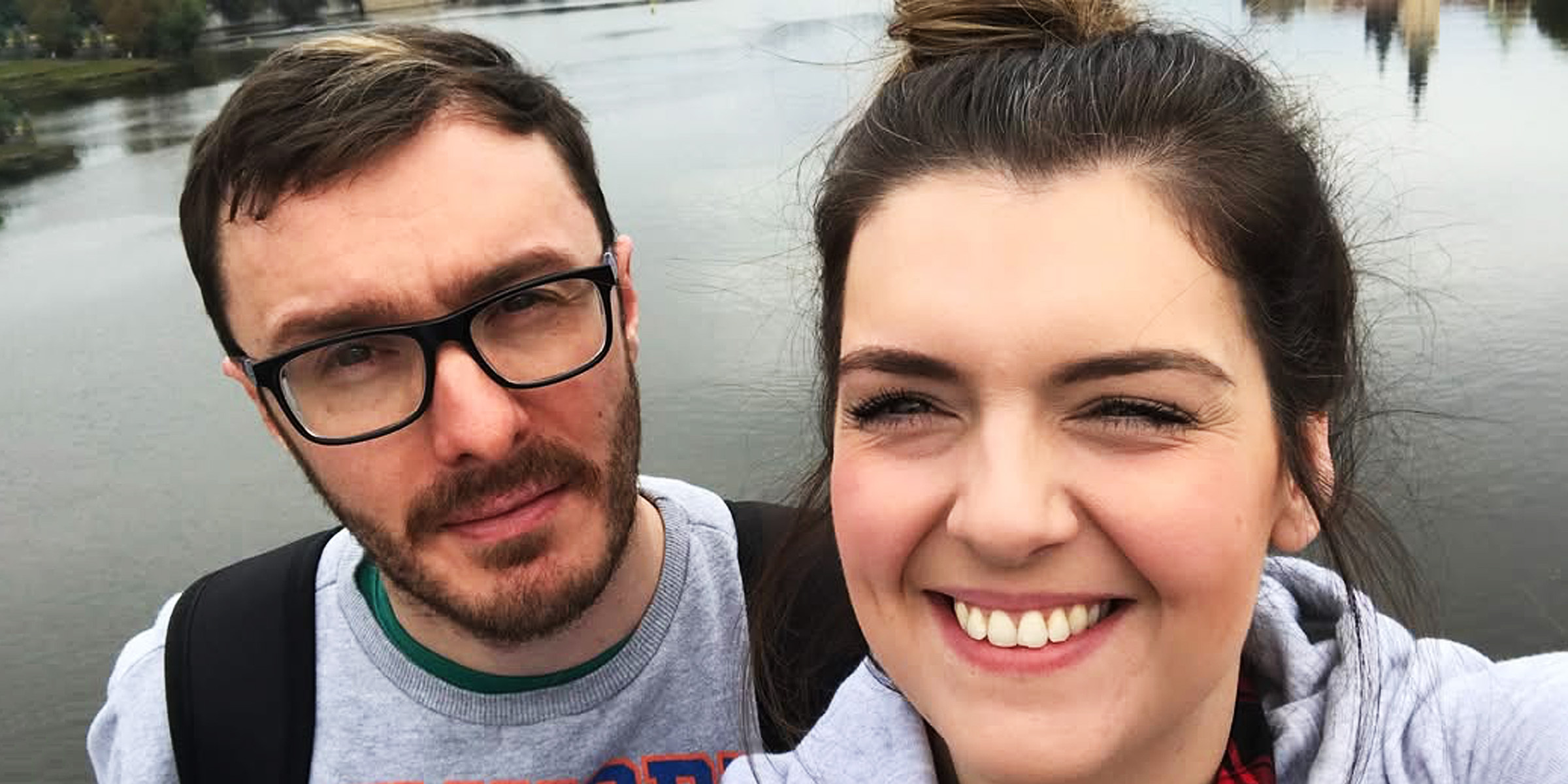A Soon-to-Be Father Died Suddenly Just Hours Before His Child Was Born – But It Could Have Been Prevented

In a tragic turn of events, a young man, full of excitement and anticipation for the arrival of his first child, died suddenly just hours before his baby was born. The devastating loss sent shockwaves through his family, friends, and the community, as they struggled to make sense of how something so unexpected could happen. As loved ones gathered in hospital rooms and waiting areas, the heartbreaking truth began to surface: his death, while sudden, could have been prevented.



